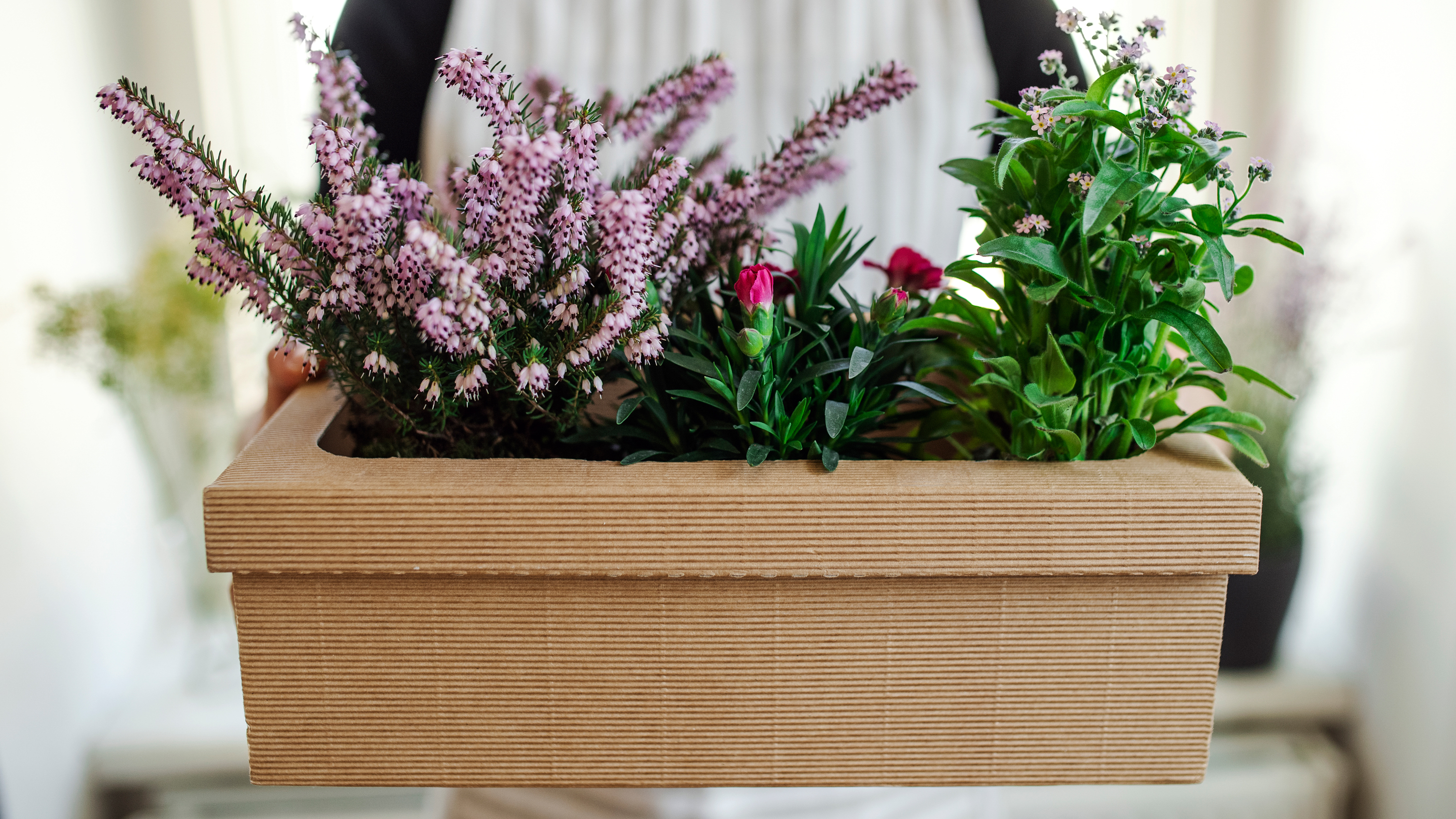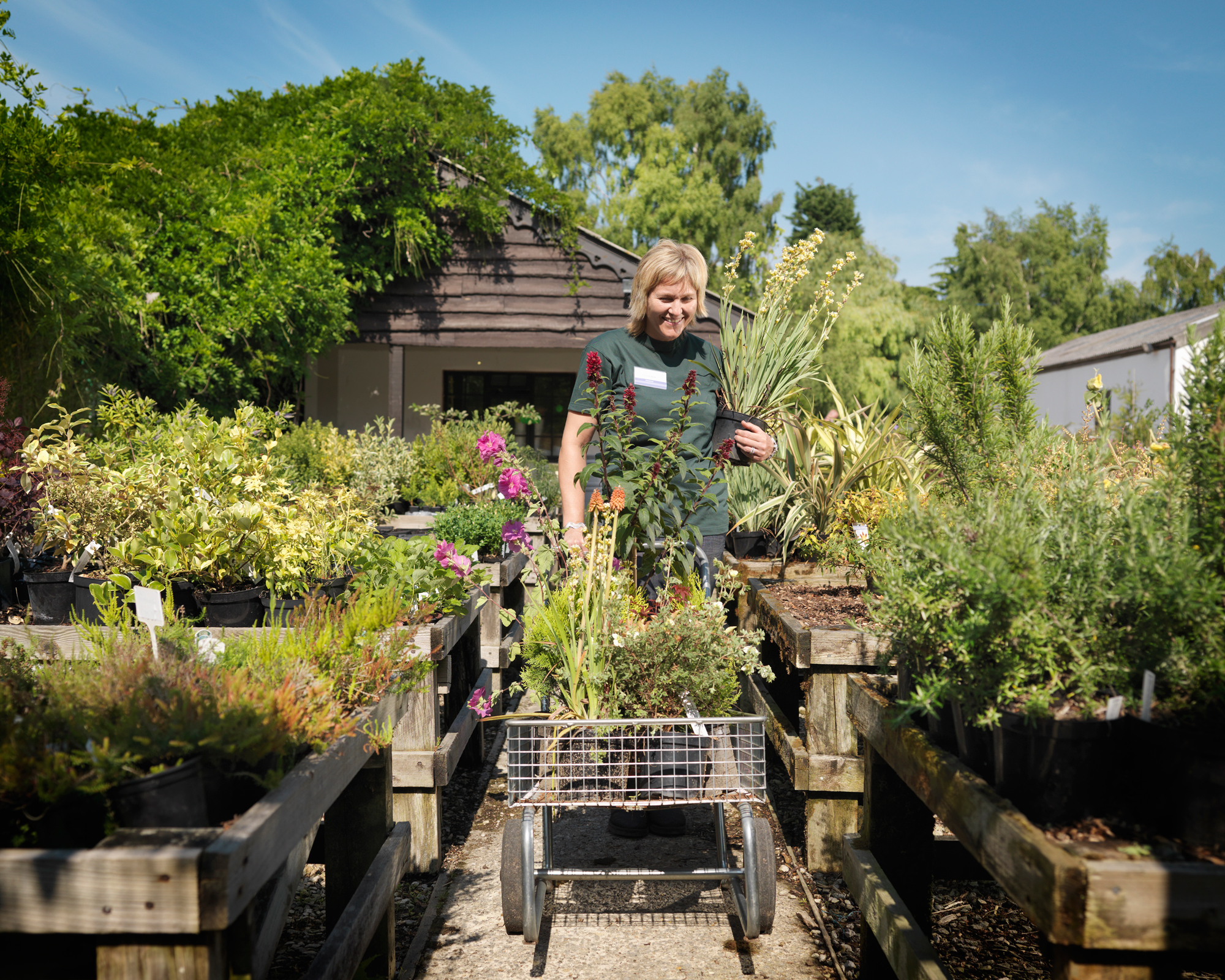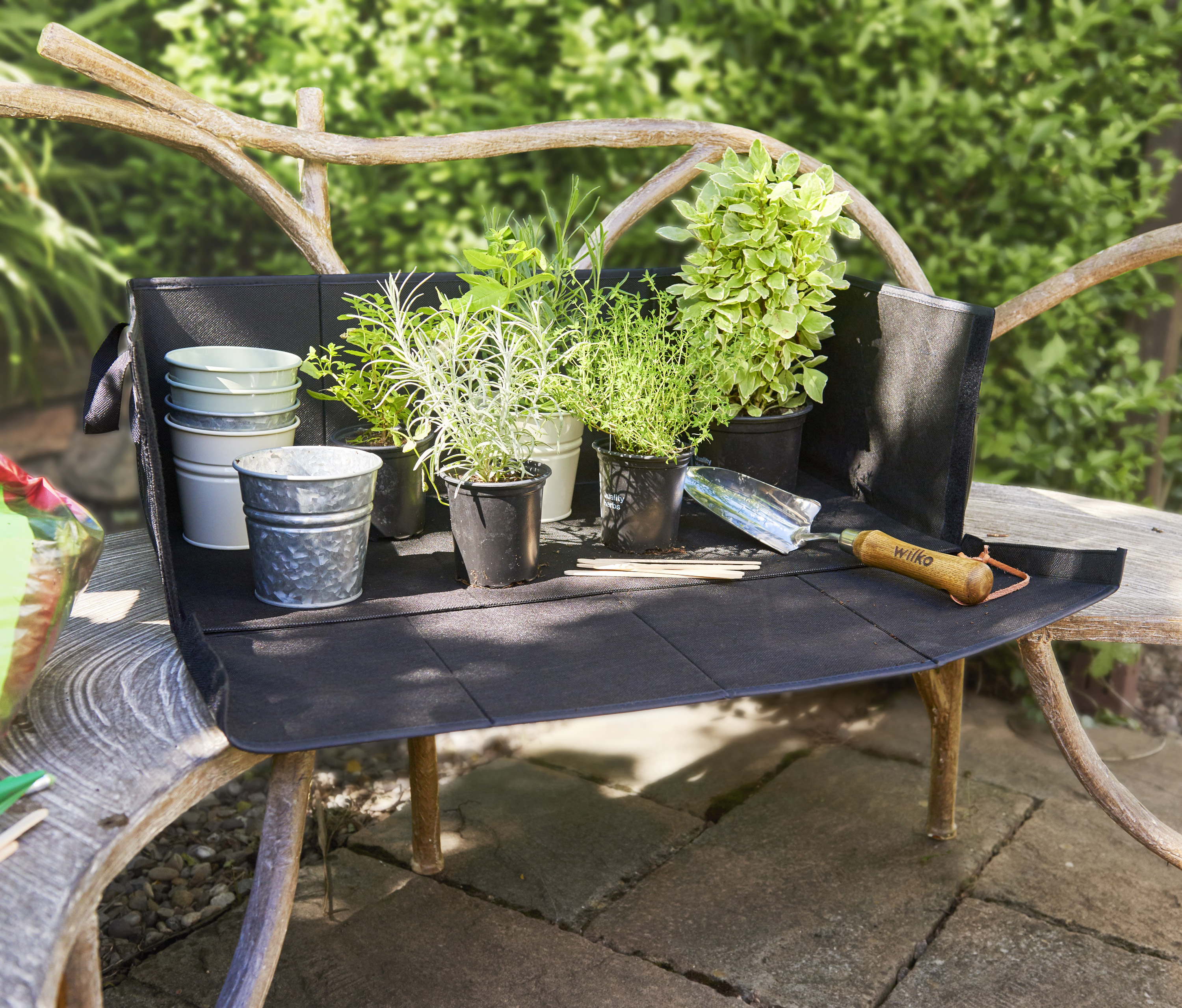RHS urges gardeners to watch out for these warning signs when buying plants online
Buying plants online might seem straightforward but the RHS warns you could be inviting huge risks into your garden

Buying plants online became a must for gardeners during the first pandemic lockdown last year, when garden centres were shut and the only way to get anything was to find out where to buy plants online. Buying plants online is likely here to stay as people are getting used to this method of shopping for plants. However, it’s not without risks, as the RHS is now warning UK gardeners.
‘The boom in gardening has seen online sales rocket over the last year, enabling many to find solace among their plants. However, gardeners need to be made aware of the issues around buying material that has not been subject to the right checks and approvals,’ says Lisa Ward, Principal Plant Health Scientist at the RHS.
‘A plant may be readily available or perhaps cheaper to buy online but the potential for that plant to cause problems on your own and surrounding plots isn’t a risk worth taking.’

If you don’t live near a garden centre, buying online might be the only option for filling your garden or changing up your container gardening ideas before summer. If that is the case, keep an eye out for these warning signs when purchasing a plant or seed packet online.
1. The plant/seeds are sold via a third party from an obscure supplier
Amazon, Ebay, and Etsy all sell seeds and plants. Most are from reputable UK sellers that are simply using these platforms to widen their distribution. However, there are still cases of sellers outside the UK selling plants or seeds that haven’t been properly vetted and could bring in disease.
They also could end up to be an entirely different, potentially invasive plant species. Be extremely cautious if you receive a seed packet that has not been labelled, or has been falsely represented as another good type on the customs declaration. See 5 places to buy seeds that are definitely safe.
2. The plant is very cheap
Some plants are costly to grow as they require very specific conditions or are slow growing. Say you’re looking for a bonsai tree; you’ve compared prices, then suddenly you see one that’s unbelievably cheap. Steer well clear.
Plants that are sold very cheaply have not received the proper care they need to thrive and will only look good for a very short time, usually because they’ve been artificially stimulated to look presentable.

3. The online plant seller doesn’t have a physical address
This works in exactly the same way as any other type of purchase, but if you’re buying goods from a website that doesn’t clearly display where they are based, you don’t know what you’re buying, or from whom. Every small grower or nursery should have a UK-based address, and every large garden centre chain will display the addresses for all of its outlets and/or a head office address.
The RHS has more information on the importing and exporting of plants by individuals on its website.
The warning comes as part of The International Year of Plant Health (IYPH) which has been extended into 2021 and is run by The Food and Agriculture Organisation (FAO) with the International Plant Protection Convention (IPPC) Secretariat.
Anna writes about interior design and gardening. Her work has appeared in Homes & Gardens, Livingetc, and many other publications. She is an experienced outdoor and indoor gardener and has a passion for growing roses and Japanese maples in her outside space.
